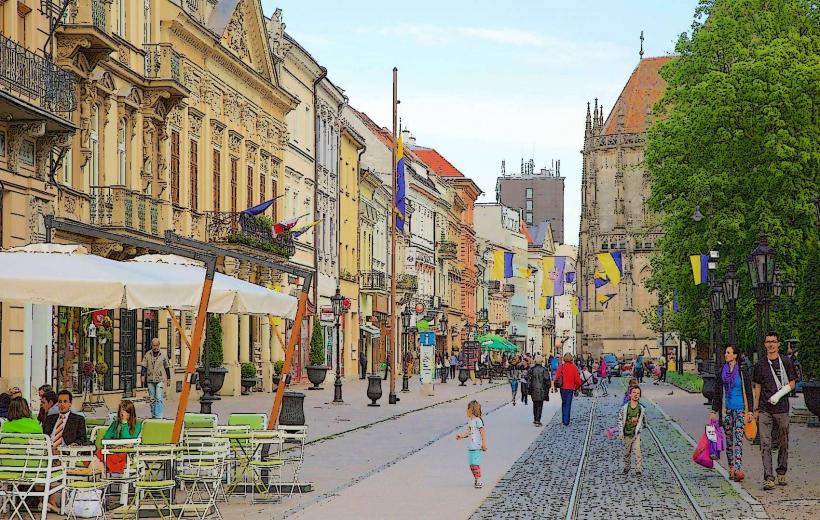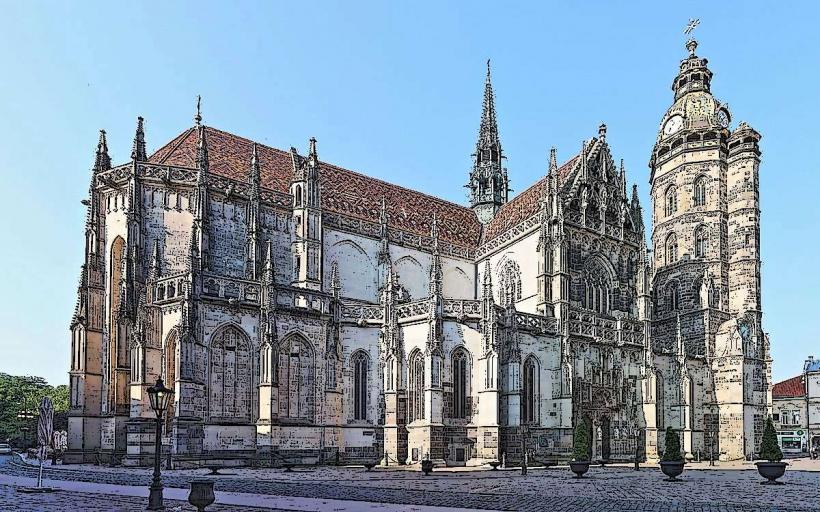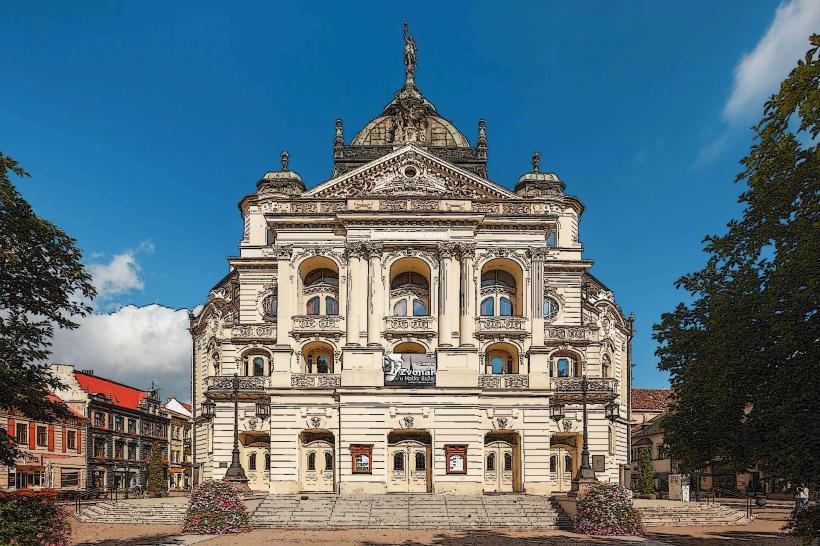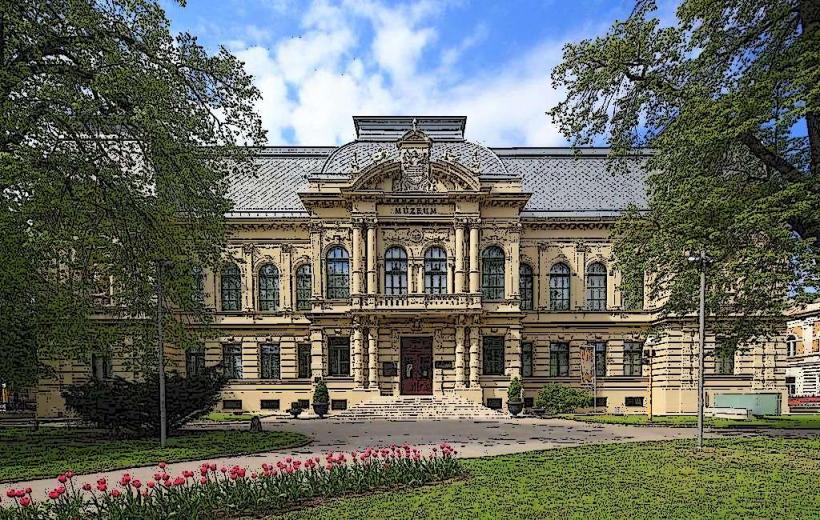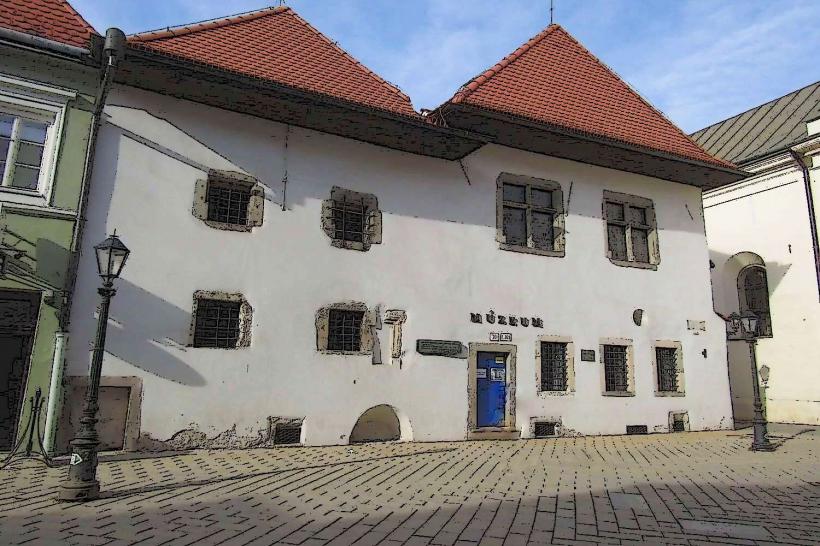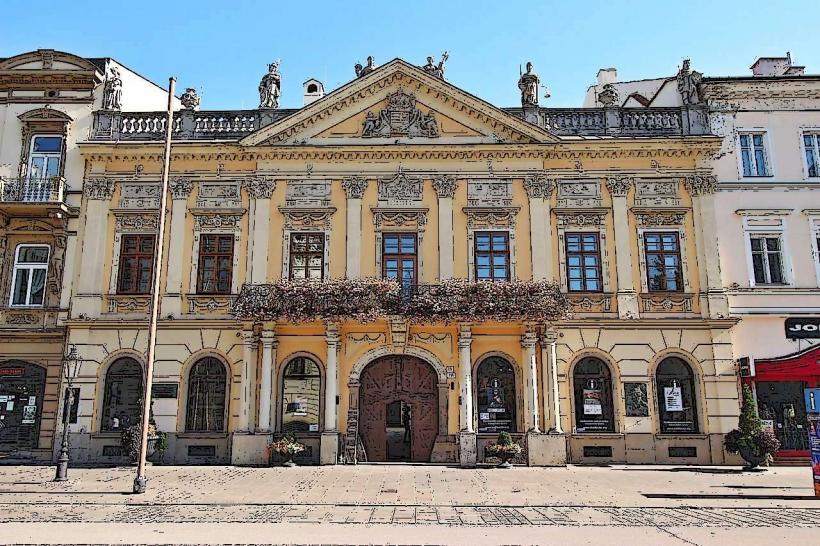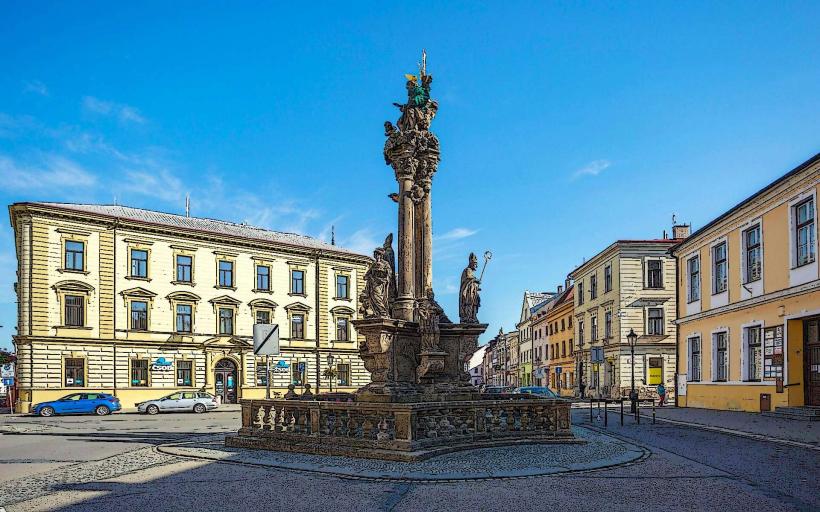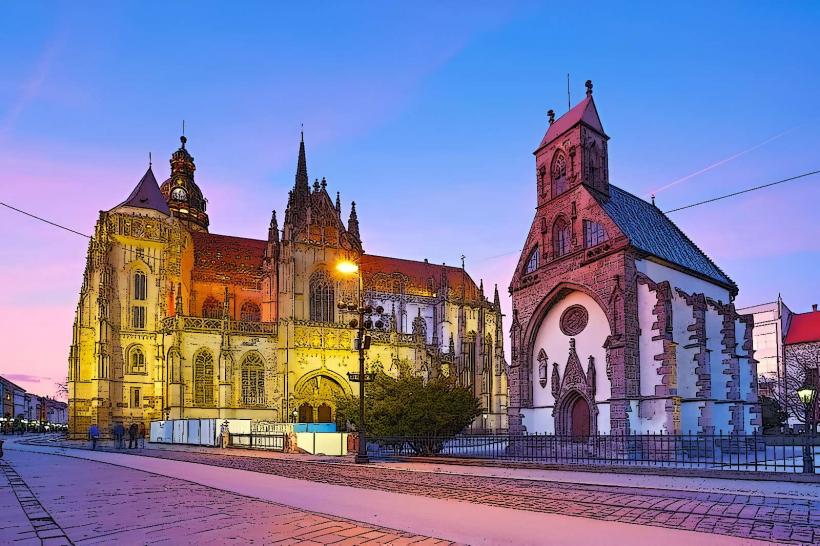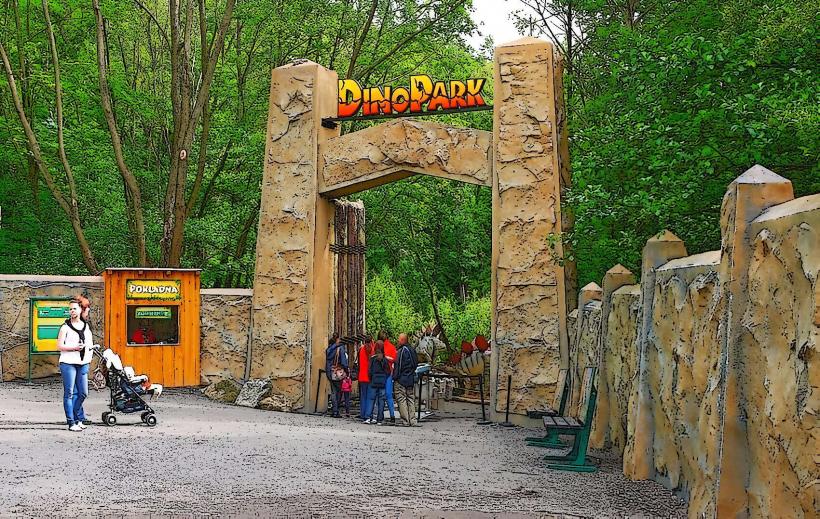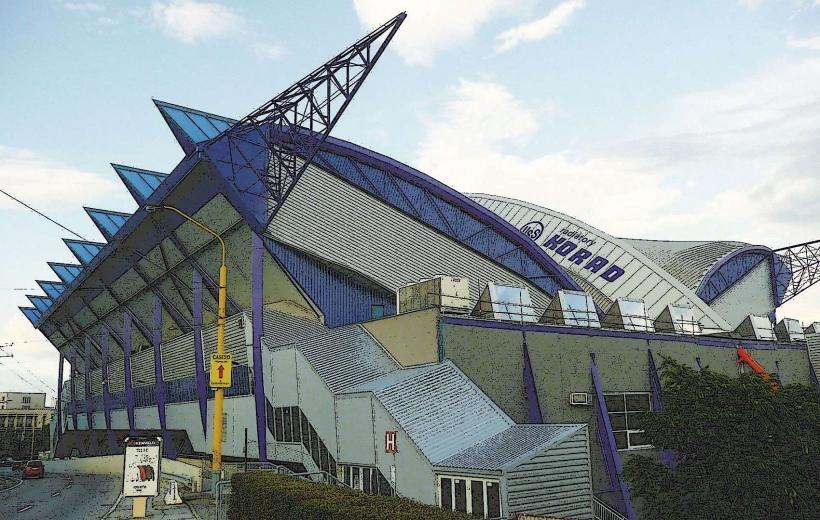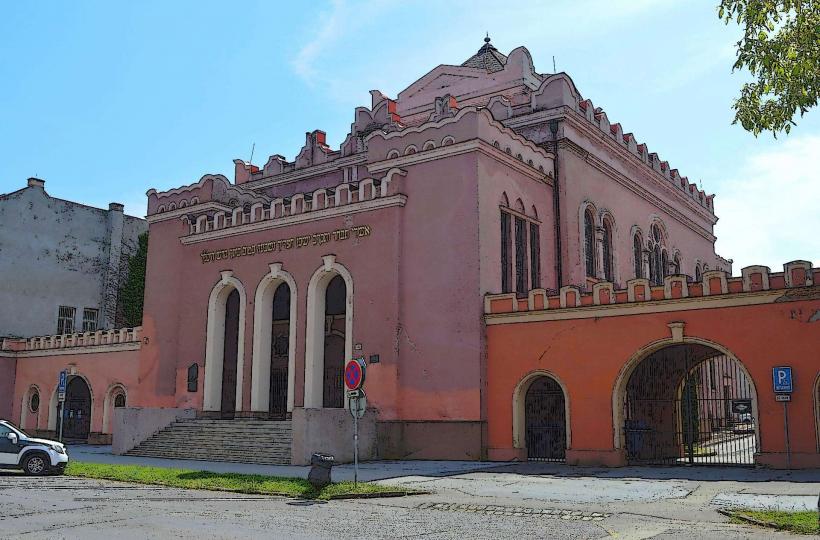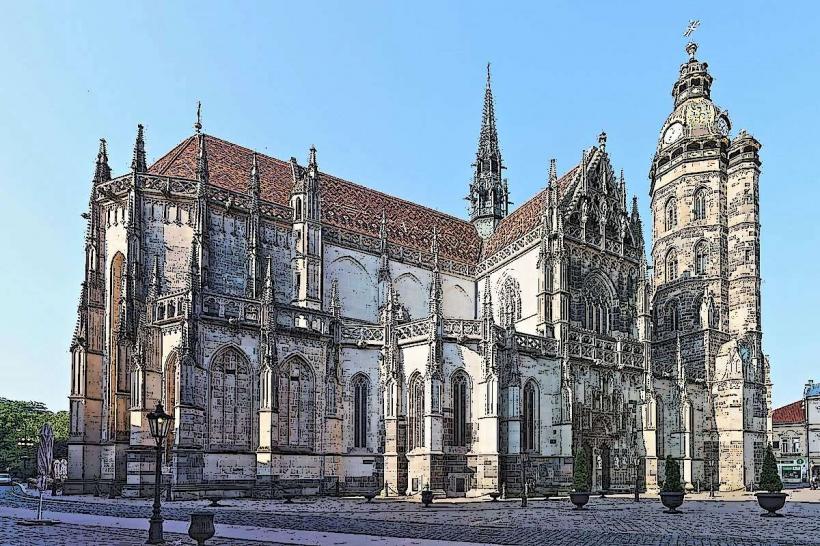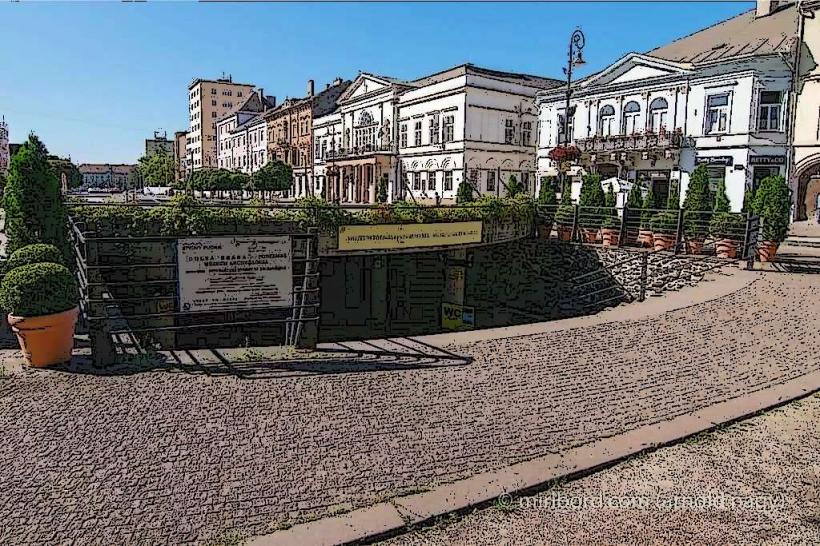Information
City: KosiceCountry: Slovakia
Continent: Europe
General Information:
- Country: Slovakia
- Region: Košice Region
- District: Košice I, Košice II, Košice III, Košice IV, Košice V
- Population: Approximately 240,000 (as of 2023)
- Area: 242.96 km² (93.84 sq mi)
- Time Zone: Central European Time (CET, UTC +1), Central European Summer Time (CEST, UTC +2)
- Currency: Euro (€)
- Language: Slovak (official)
- Transportation:
- International Airport: Košice International Airport
- Public Transport: Bus and trolleybus systems; the city is also served by a network of bicycle paths.
- Train Station: Košice Railway Station (a major railway hub in eastern Slovakia connecting to domestic and international destinations).
History:
- Early History: The city’s origins can be traced back to the 13th century, with Košice becoming an important medieval town. It gained royal free city status in 1300.
- Medieval and Early Modern Era: Košice was part of the Kingdom of Hungary for centuries, and it flourished as a trade and cultural center during the medieval and Renaissance periods.
- 19th Century: During the Austro-Hungarian Empire, Košice developed as a commercial and industrial city. It became part of Czechoslovakia in 1918.
- Modern Era: Following the dissolution of Czechoslovakia in 1993, Košice became part of the independent Slovak Republic.
Economy:
- Overview: Košice is a significant economic center in eastern Slovakia, serving as a hub for industry, trade, and services.
- Key Sectors:
- Steel Industry: The presence of the U.S. Steel plant is a major driver of the local economy, making Košice one of the key industrial cities in Slovakia.
- Information Technology and Services: The city has a growing tech sector, with several international IT companies setting up operations.
- Trade and Commerce: Košice has developed into an important trade and logistics center, given its location near the Hungarian and Ukrainian borders.
- Tourism: Košice is a popular destination for both domestic and international tourists, with its historical sites, cultural offerings, and proximity to the High Tatras.
Government:
- Status: Košice is both a city and a self-governing region in Slovakia.
- Administrative Division: The city is divided into five districts (I to V), each with its own local government.
- Mayor: Košice is governed by a mayor and a city council, with elections held every four years.
- Legislative Role: Košice is not only a political center in the region but also plays an important role in the governance of the Košice Region.
Culture:
- Arts and Entertainment: Košice is known for its rich cultural heritage, hosting numerous theaters, museums, and art galleries.
- Theater and Performing Arts: The city is home to the State Theatre Košice and other cultural institutions offering opera, ballet, and drama performances.
- Music: Košice has a thriving music scene, particularly in classical music, with the Košice State Philharmonic Orchestra.
- Film and Literature: Košice has a developing film scene, and it was designated as the European Capital of Culture in 2013, which boosted its reputation as a cultural destination.
- Museums and Galleries: The city offers a variety of museums, such as the East Slovak Museum, the Košice City Museum, and the Museum of the Eastern Slovakia.
Education:
- Universities:
- Technical University of Košice: The largest university in eastern Slovakia, specializing in engineering, technology, and applied sciences.
- Pavol Jozef Šafárik University: Known for its research and academic programs in the fields of science, medicine, and humanities.
- Research Institutions: Košice is home to several research centers, particularly in areas such as engineering, medicine, and IT.
Architecture:
- Style: The city is known for its blend of medieval, Gothic, Baroque, and modernist architectural styles. Its historical center features a mix of narrow cobbled streets, squares, and churches alongside more contemporary buildings.
- Urban Development: Košice has undergone significant modernization in recent years, balancing the preservation of its historical core with the development of new residential and commercial areas.
Parks and Recreation:
- Green Spaces: Košice boasts several parks and green areas, including The City Park, KVP Park, and The Košice Forest Park.
- Sports: The city offers a variety of recreational activities, including cycling, hiking, and winter sports in the nearby High Tatras mountain range.
Demographics:
- Ethnic Composition: The majority of the population is Slovak, with Hungarian and Roma minorities present. The city also hosts international students and expatriates, particularly from neighboring countries.
- Religion: The dominant religion is Roman Catholicism, followed by a minority of Protestants and Greek Catholics.
- Languages: Slovak is the official language, though Hungarian is spoken by a significant portion of the population, particularly in the nearby areas.
Climate:
- Type: Košice experiences a continental climate with hot summers and cold winters.
- Summer: Temperatures can rise above 30°C (86°F) in July and August.
- Winter: Winters are cold, with temperatures often dropping below freezing. Snowfall is common during the winter months.
Sports:
- Football (Soccer): Košice is home to the MFK Košice, a prominent Slovak football club.
- Ice Hockey: Ice hockey is another popular sport in Košice, with the city hosting the HC Košice, one of the most successful teams in the Slovak ice hockey league.
- Other Sports: The city has facilities for basketball, tennis, athletics, and swimming.
International Relations:
- Twin Cities: Košice is twinned with several cities across Europe, including Dunaújváros (Hungary), Miskolc (Hungary), Krosno (Poland), and Olomouc (Czech Republic).
Key Events and Festivals:
- Košice Peace Marathon: Held annually, it is one of the oldest marathons in the world and attracts runners from across the globe.
- Košice Christmas Market: A major winter attraction, with traditional Slovak food, drinks, and crafts.
- Košice City Days: An annual cultural and entertainment festival celebrating the city's history and traditions.
- East Slovakian Festival of Folklore: A festival celebrating the region’s traditions and folklore.
Košice is a vibrant, diverse city with a rich cultural heritage, modern amenities, and a growing economy. Its status as Slovakia's second-largest city makes it a key center of business, culture, and education in the eastern part of the country.

